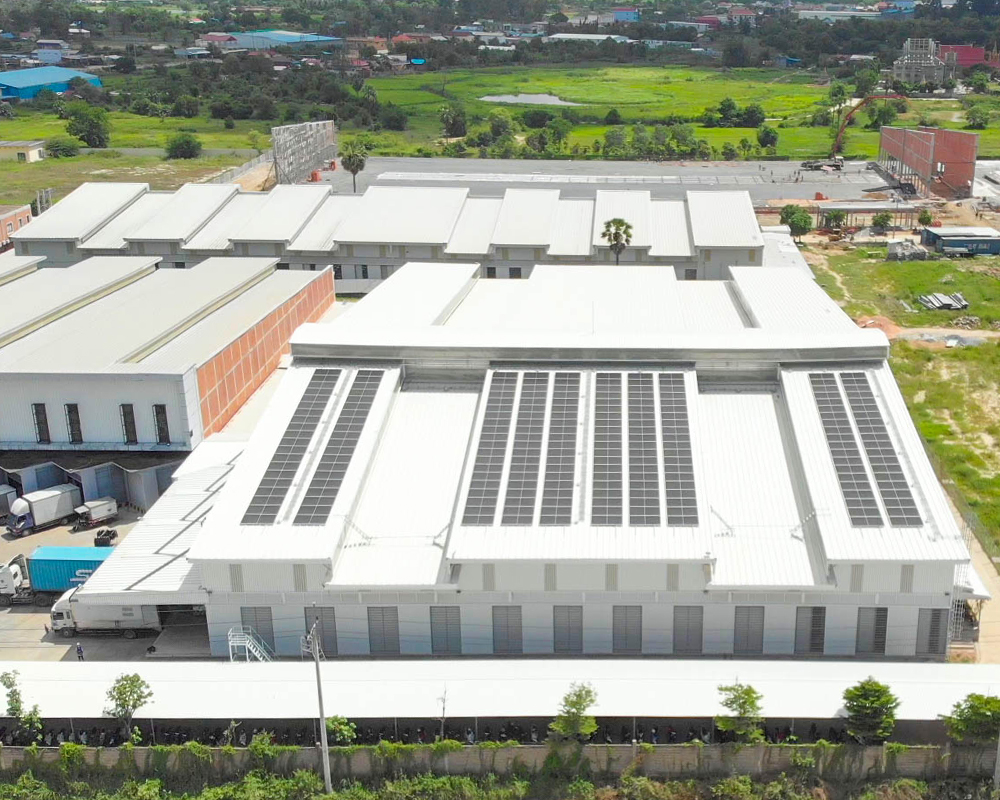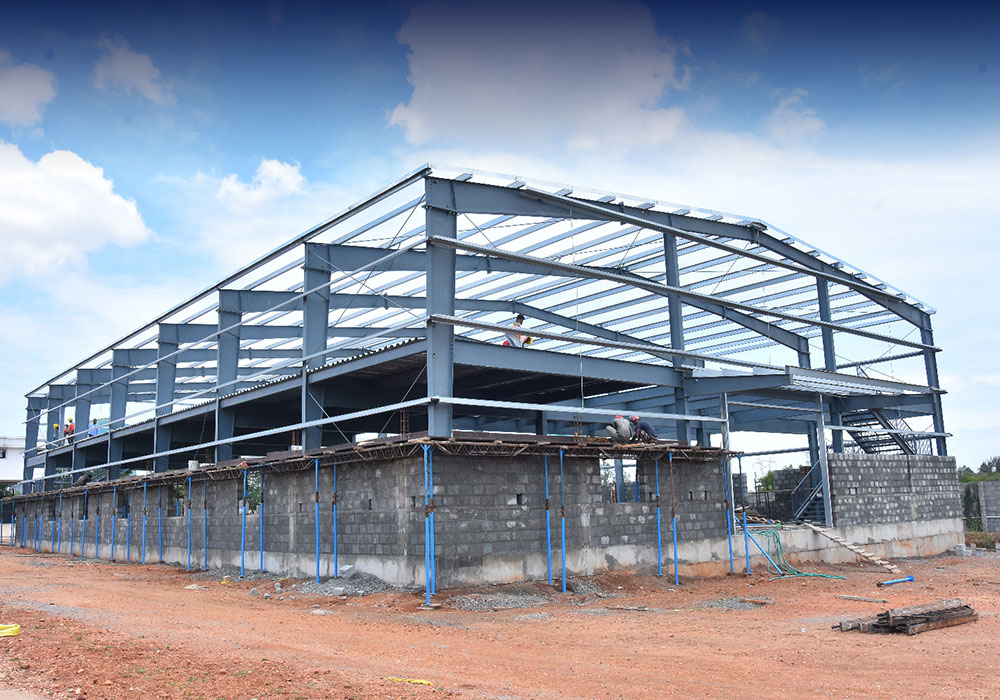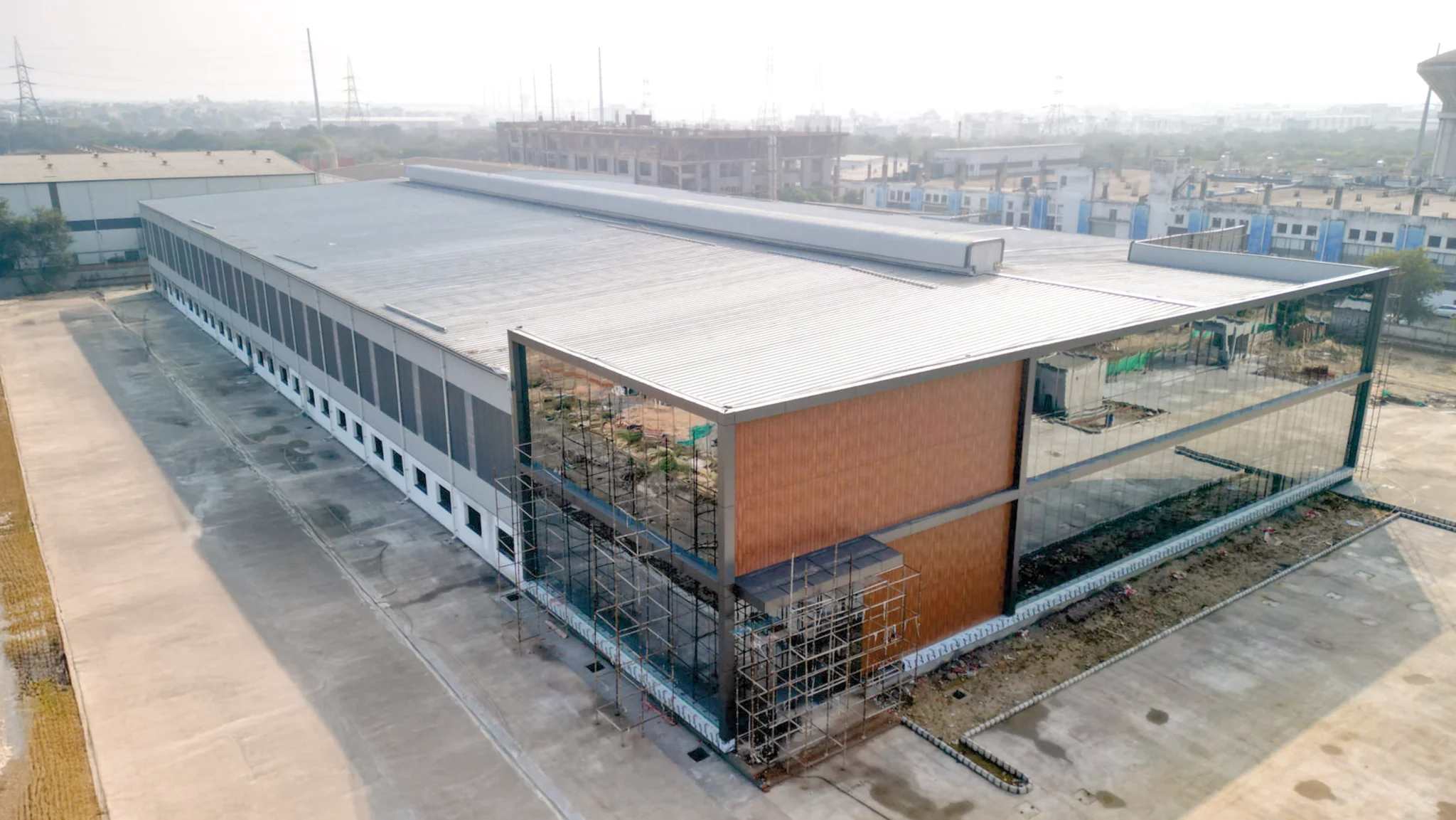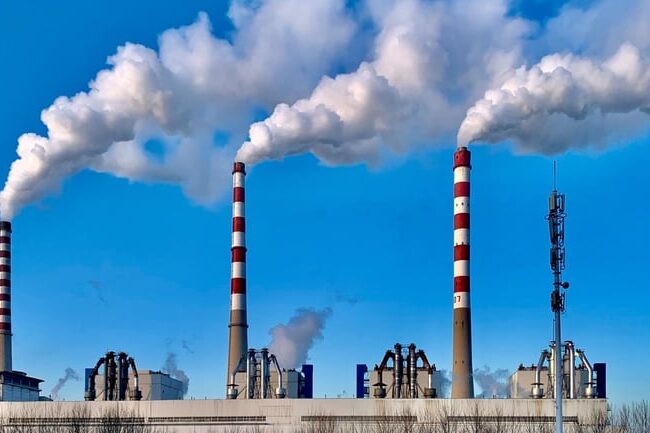
Rock Weathering Tech Developer Wins $50M From XPRIZE’s Carbon Removal Contest
[ad_1]

Mati Carbon, a developer of an enhanced rock weathering technology that reduces atmospheric carbon dioxide, on April 22 garnered the top, $50-million prize of the XPRIZE contest, a global competition aimed at boosting promising and scalable carbon dioxide removal solutions. The Houston-based firm will use the $50-million prize money to scale up its technology, which expands the use of crushed basalt—a type of volcanic rock—to both reduce atmospheric carbon dioxide and improve soil conditions in the Global South. The firm was among 20 finalists that were able to demonstrate successful removal of at least 1,000 tons of CO2 from either air, oceans or both, in a year.
The Houston-based company collectively applied more than 130,000 tons of basalt dust on farmland in India and Zambia, as well as in Tanzania via a partnership with Engineers Without Borders. The firm now plans to deploy an additional 300,000 tons of basalt dust in India over the next year, as well as throughout farmland in countries primarily located in Africa, Asia, Latin America and Oceania that are considered to be less economically developed and are often facing challenges like poverty, inequality and lower living standards compared to the Global North.
Crushing basalt into fine dust is a form of enhanced rock weathering that accelerates natural chemical processes to reduce CO2 in the atmosphere and also enriches nutrients in soil.
Mati founder and CEO Shantanu Agarwal says his firm saw an opportunity to address two problems related to the current climate crisis: an excess of CO2 in the air and degradation of soil on farmland in parts of the world that are most affected by impacts of a rapidly overheating planet.
While the basalt application to land as a form of carbon dioxide removal is a solution for “all mankind,” farmers living in the developing world also benefit, Agarwal says.
Traditionally, scalability has been an issue, he notes, and initially farmers accustomed to using cheaper chemical fertilizers pushed back on the idea of using basalt on their fields and allowing soil monitoring to occur. But the advent and growth of carbon markets has been a gamechanger, says Agarwal. Rather than using chemical fertilizers that degrade soil quality, farmers can now apply basalt dust at no cost and see a 30% to 50% improvement in crop yields.
“Our ambition is to really get this benefit into the hands of these smaller farmers, and at the same time do very high-quality, durable and scientifically robust carbon removal that can allow it to be of service to [people as well as] for the food security and economic security of [those who are] climate-vulnerable,” Agarwal told ENR.
The Mati team built on research begun at Yale University and the Georgia Institute of Technology to provide the crushed basalt to thousands of farmers in developing countries in the Southern Hemisphere.
Thus far, deployments of basalt have increased farmer incomes by more than $1.5 million via higher crop yields from healthier soil conditions and lower input costs, the firm says.
According to Michael Leitch, technical lead for XPRIZE’s carbon removal competition program, Mati Carbon developed a “scientifically rigorous approach to monitoring and verification of results, and excelled across all evaluation criteria—operational, sustainability and cost metrics—giving XPRIZE judges the highest confidence in [the firm] solution’s long-term scalability.”
In May 2024, 20 Finalist teams were selected to advance to the final round of the competition. The group represents an array of solutions, Leitch says.
“The cohort of the 20 finalists was really strong, and even teams that did not hit the 100-ton objective, which was the main differentiator when it came to the judging, most of those are set up for success,” he says. Without exception, Leitch adds, the 20 finalist firms “are poised to scale and contribute to the CDR industry in the near term.”
More than 1,300 teams from over 88 countries participated in the first round of the competition to develop new methodologies for carbon dioxide removal across four removal pathways—air, rocks, ocean and land.
The XPrize’s four-year carbon removal competition was created in 2021 with $100 million in funding provided by Elon Musk and the Musk Foundation.
[ad_2]
Source link
Post a Comment
You must be logged in to post a comment.






